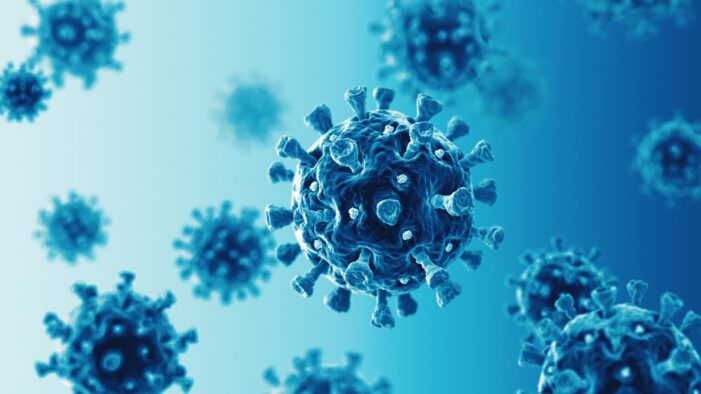New research into malaria suggests targeting enzymes from the human host, rather than from the pathogen itself, could offer effective treatment for COVID-19, besides offering faster treatment for a range of many diseases.
The international study, led by RMIT University’s Professor Christian Doerig, proposes a strategy that could save years of drug discovery research and millions of dollars in drug development with the help of repurposing existing treatments meant for other diseases such as cancer.
The approach shows promise for its potential application in the fight against COVID-19 pandemic that has gripped the entire world with over 700,000 deaths already. Published in Nature Communications, the study showed that the parasites that cause malaria are heavily dependent on enzymes in red blood cells where the parasites hide and proliferate.

Since there are drugs developed for cancer which inactivate these human enzymes, known as protein kinases, to effectively kill the parasite.This method represents an alternative to drugs that target the parasite itself, instead of focusing on enzymes. During the infection, the host cell enzymes were activated revealing novel points of target when the parasite exists in human body host.
Lead author, RMIT’s Dr Jack Adderley, said,”These host enzymes are in many instances the same as those activated in cancer cells, so we can now jump on the back of existing cancer drug discovery and look to repurpose a drug that is already available or close to completion.”
Repurposing of Drugs in Future
In addition to enabling the repurposing of drugs, the approach is likely to reduce the drug resistance, as the pathogen cannot escape by simply mutating the target of the drug, as is the case for many available antimalarials, he noted. Moreover, this approach has the potential to considerably reduce the cost and accelerate the deployment of new and urgently needed antimalarials, explained Dr Adderley.
Doerig, Associate Dean for the Biomedical Sciences Cluster at RMIT and senior author of the paper, described the findings as exciting since as drug resistance is one of the biggest challenges in modern healthcare.
“By targeting the host and not the pathogen itself, we remove the possibility for the pathogen to rapidly become resistant by mutating the target of the drug, as the target is made by the human host, not the pathogen,” said Doering.
Doerig’s team will now collaborate with the Peter Doherty Institute for Infection and Immunity (Doherty Institute) to investigate potential COVID-19 treatments using this approach. Doherty. a Nobel laureate, is known already as vocal voice about the Covid-19 treatment and vaccines.

